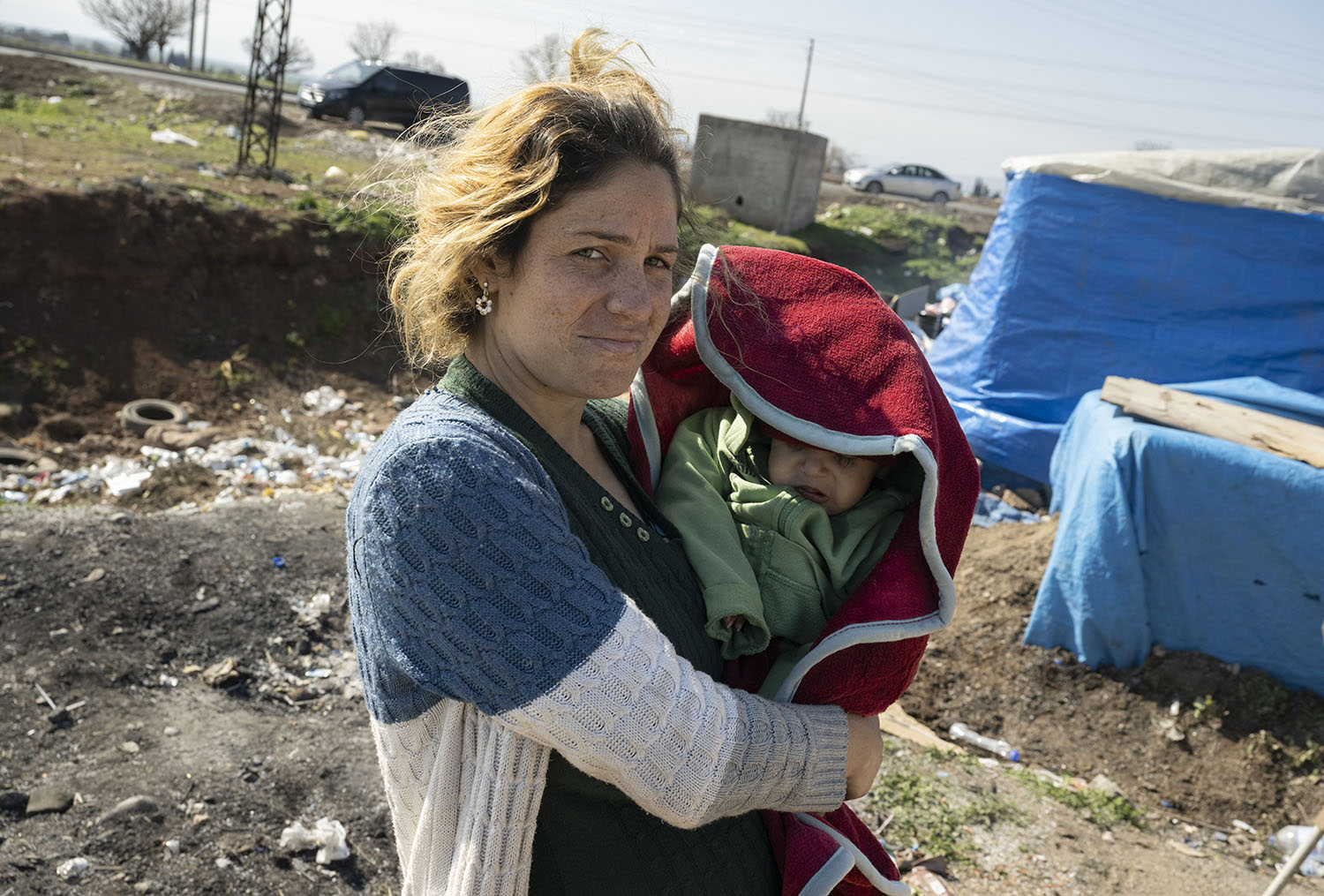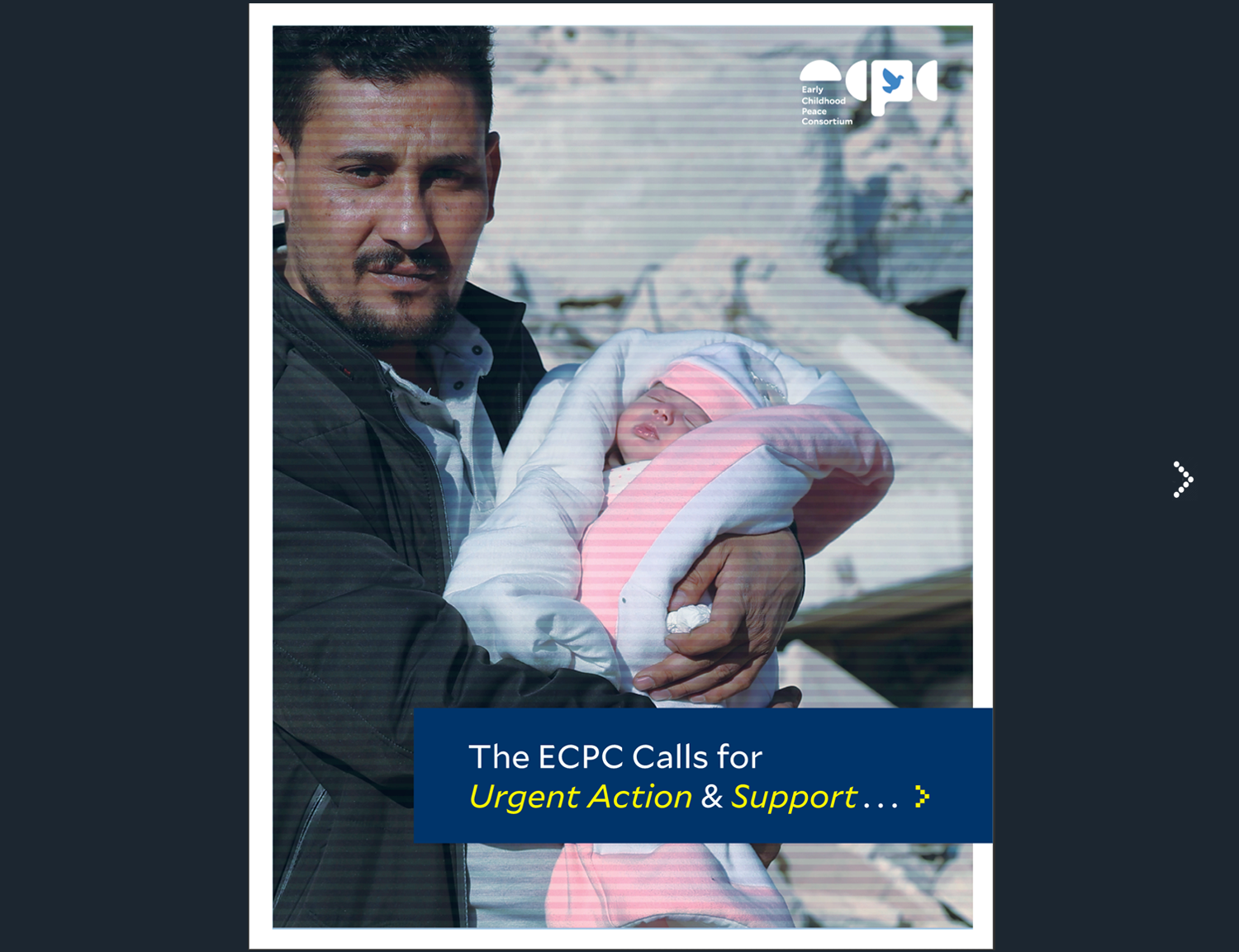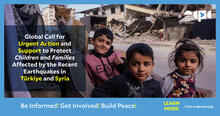ECPC Global Call for Urgent Action and Support to Protect Children and Families Affected by the Recent Earthquakes in Türkiye and Syria
The ECPC Calls for Urgent Action and Support to Protect Children and Families Affected by the Recent Earthquakes in Türkiye and Syria
We reaffirm our commitments to Human Rights and the Rights of every Child as stipulated in the Convention on the Rights of the Child and in SDG 16. Let us put those commitments into action with our humanitarian response to the disaster in Türkiye and Syria and uphold the Principles of Justice and equity for all.
► ECPC GLOBAL CALL FOR URGENT ACTION INTERACTIVE BROCHURE
Read the interactive, sharable, and downloadable ECPC Global Call for Urgent Action in ENGLISH and TURKISH.
The Global Call
THE SITUATION
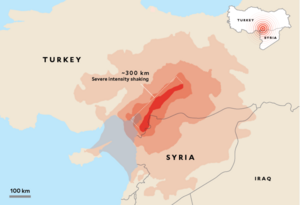
IMPACT ON THE MOST VULNERABLE CHILDREN
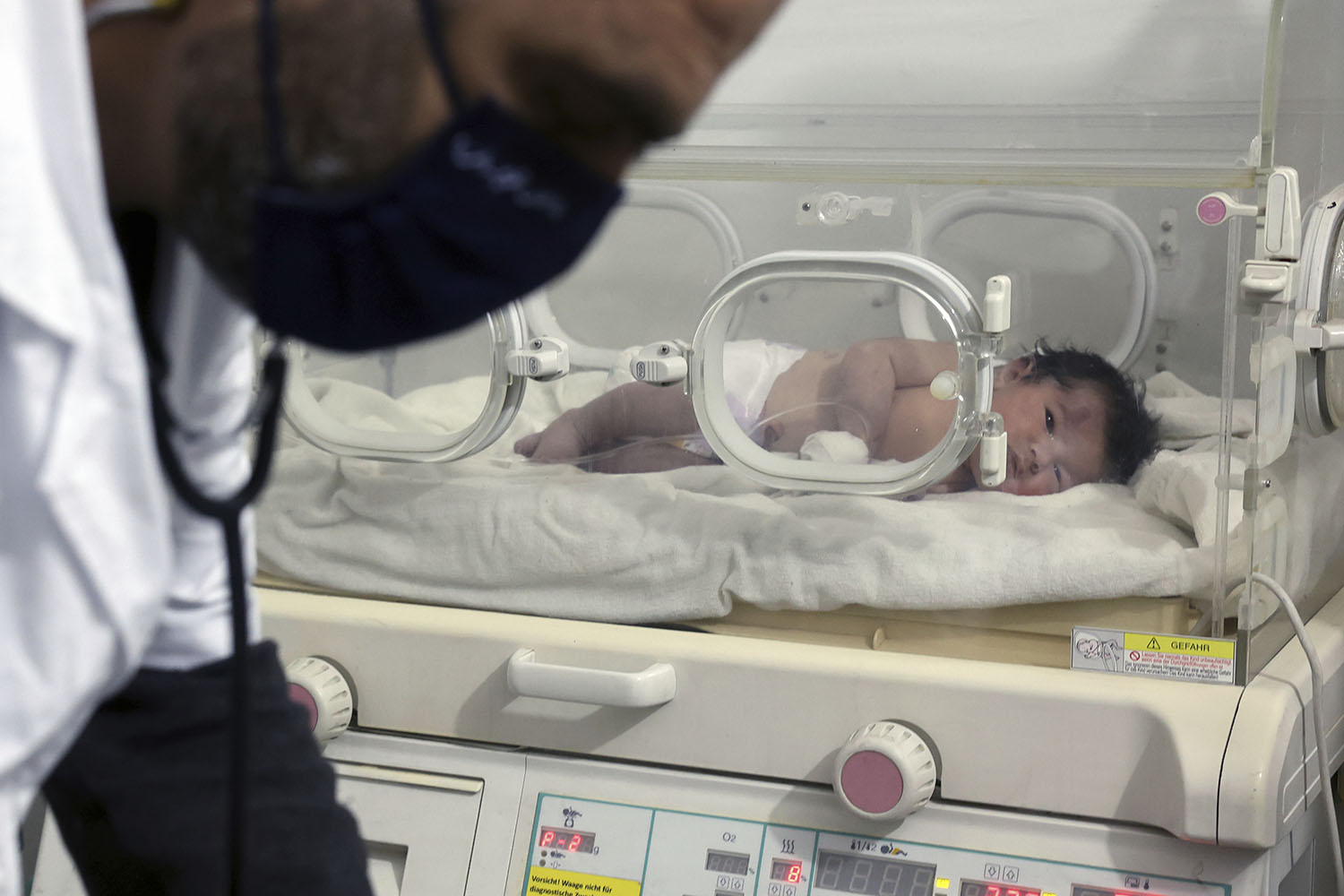 Children are especially vulnerable to the negative impacts of disaster and crises in the early years of life when the brain undergoes its most rapid period of development. In this critical period, children with prolonged exposure to extreme stress and deprivation without adequate support can succomb to “toxic stress, which can have long term implications for their physical cognitive, behavioral, and psychosocial development.
Children are especially vulnerable to the negative impacts of disaster and crises in the early years of life when the brain undergoes its most rapid period of development. In this critical period, children with prolonged exposure to extreme stress and deprivation without adequate support can succomb to “toxic stress, which can have long term implications for their physical cognitive, behavioral, and psychosocial development.THE TRANSFORMATIVE POWER OF EARLY CHILDHOOD DEVELOPMENT
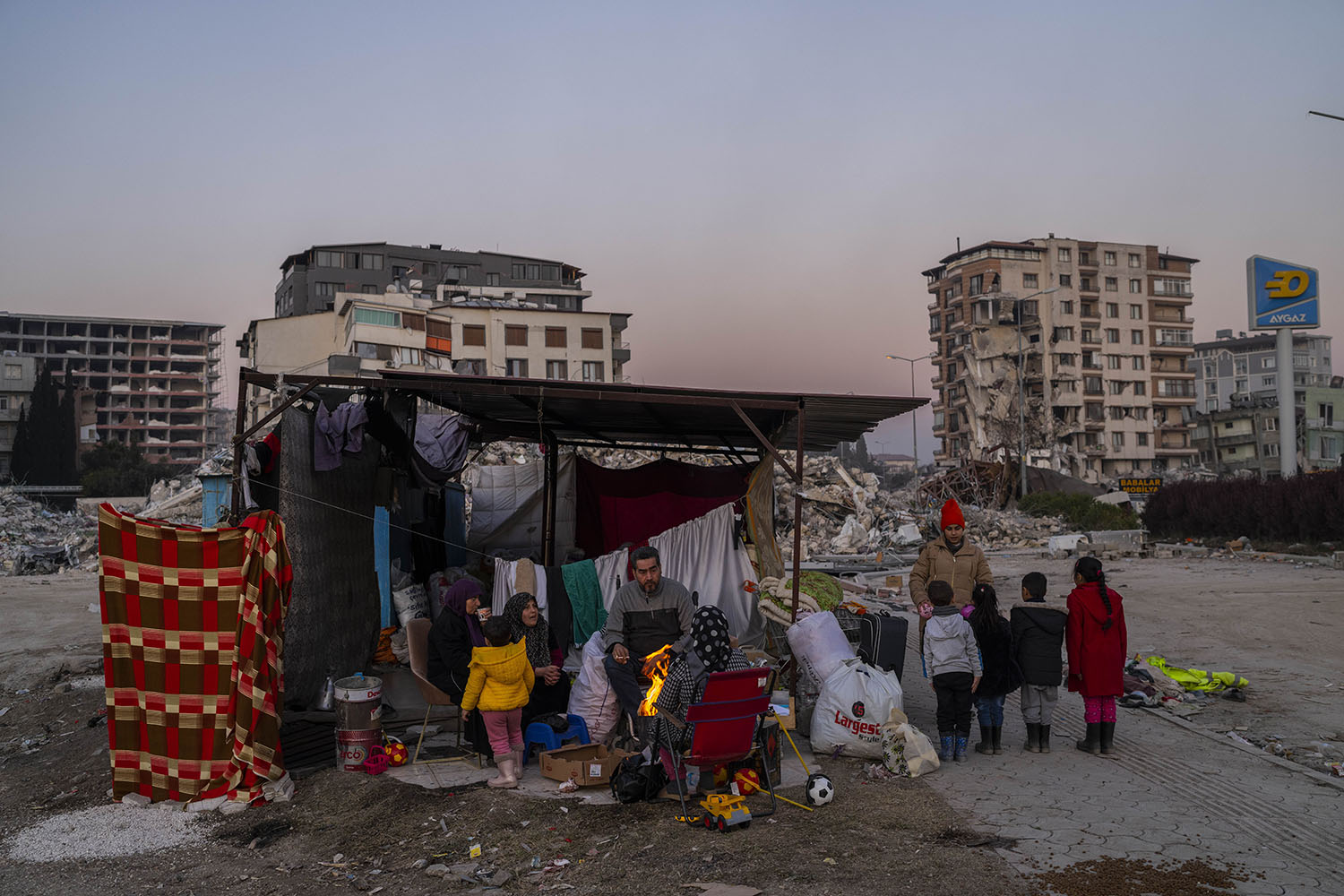
CALL FOR TIMELY AND DECISIVE GLOBAL ACTION AND SUPPORT
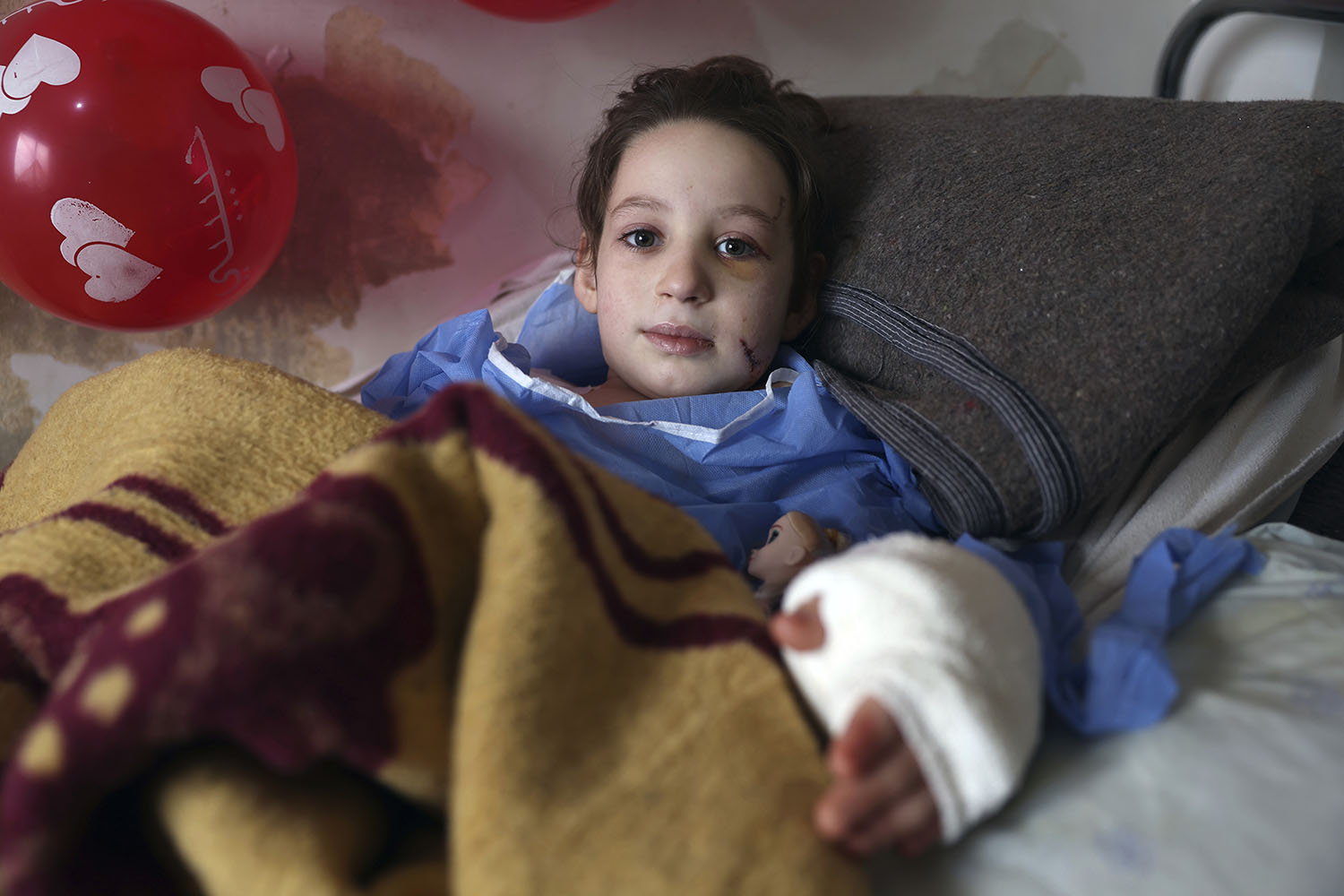
- safe shelter
- nutrition and health
- mental health and psychosocial support
- safe water and sanitation
- protection from human trafficking, sexual exploitation, and gender discrimination
- early learning, and early childhood development without discrimination.11
Global support efforts must be impartial and lasting. Every child is equally deserving of concern, dignity, safety, and support no matter their background or circumstances—whoever they are, wherever they are.
► Action Steps
► Our Recommendations: Short-term • Mid-term • Long-term
IMMEDIATE
- Maintain and further invest in quality evidence-based policies and programmes that have been shown to build resilience and mitigate the harmful effects of this humanitarian disaster for families and their young children.13
- Ensure that essential child protection services are recognized as lifesaving and continue to be provided and made accessible to all children even during immediate disaster relief efforts. Ensure children’s experiences are safe and positive during all phases of the disaster.14
- Prioritize protection of young children, who in this time of crisis are highly susceptible to neglect, abuse, violence, exploitation, and stigma as their parents/caregivers experience increased instability and stress, which may result in long-term and irreversible negative consequences.
- Use mass media – radio, television, and social media – to promote psychosocial support, cognitive development, nutrition, physical activity, and model responsive caregiving behaviors. Ensure existing online resources are accessible and address pre-existing inequalities for children and families in these fragile contexts and conflict affected settings as in Syria.
- Invest in new research to understand the impact of sudden onset natural disasters on children and their families, including:
- the adverse impact of the disaster on parents/caregivers and their ability to provide nurturing care for their children.
- the social-emotional impact of the disaster and its long-lasting impact on children.
- and how to strengthen protective systems at multiple levels to provide an enabling environment and ensure long term social cohesion, peace, and stability.
MEDIUM-TERM
- Ensure an inclusive approach for all children and their families, especially those living in situations of conflict, military occupation, and fragility, including migrants, refugees and internally displaced persons, who have a right to the highest attainable standard of health.16 All children are entitled to protection for themselves and their families, including mental health and psychosocial support.17, 18, 19
- Uphold the rights of vulnerable children and their families as communities and countries recover and rebuild in the aftermath of the disaster. Currently, there is limited support for responsive caregiving, early learning of young children, and caregiver mental health. It is vital to have ECD programmes that are multileveled, benefiting the child and parents/caregivers, the community, and institutions at national, regional, and local levels. Programmes should be safe, protective, inclusive, accessible, and most importantly, culturally sensitive, to allow children and their families the space they need to be the driving force for social change.
- Protect women’s and girl’s rights, without discrimination, and support community-based action through gender-based analysis to favour their empowerment and social inclusion.
LONG-TERM
- Build on the extensive body of international research on the power of ECD to promote peace and sustainable development.
- Invest in strengthening systems (e.g., through financial resources, capacity building, personnel training) with a holistic and whole-of-government (multi-ministry) approach.
► Our Five-point Global Call to Action
- Reaffirm commitment to Human Rights and the Rights of Every Child that are threatened by this disaster.
- Prioritize investment in the survival, development, and protection of all children, including those living in situations of conflict, military occupation, and displacement.
- Protect and prioritize investments in Early Childhood Development programmes and services in the disaster response and recovery efforts to build more peaceful and resilient societies.
- Ensure that gender equality, inclusion and empowerment of children, parents/caregivers, families, and communities be at the centre of disaster response and recovery efforts.
- Implement more evidence-based policies and practices in all affected regions, ensuring that early childhood programmes and services are essential in promoting The Culture of Peace (UN Resolution /RES/74/21) and in sustaining peace.
► References: #’s 1 - 19
- Omer, S. (2023, February 17). 2023 Turkey and Syria earthquake: Facts, FAQs, and how to help. World Vision.
- AP News. (2023, February 19). Key developments in the aftermath of the Turkey, Syria quake. Associated Press News.
- UNICEF. (2023, February to May). Earthquake response for the children of the Syrian Arab Republic. New York, NY: UNICEF.
- UNICEF. (2023, March 5). One month on, more than 850,000 children remain displaced by deadly earthquakes in southern Türkiye and Syria. New York, NY: UNICEF.
- UNICEF. (2023, February). Türkiye Earthquake Response Appeal. New York, NY: UNICEF.
- UNICEF. (2023, February to May). Earthquake response for the children of the Syrian Arab Republic. New York, NY: UNICEF.
- Murphy, K.M., Yoshikawa, H., & Wuermli, A.J. (2018). Implementation research for early childhood development programming in humanitarian contexts. Ann. N.Y. Acad. Sci., 1419: 90-101. doi:10.1111/nyas.13691
- Jeong, J., Franchett, E., Ramos de Oliveira, C., Rehmani, K., & Yousafzai, A. (2021). Parenting interventions to promote early child development in the first three years of life: A global systematic review and metaanalysis. PLoS Med., 18(5): e1003602. doi: 10.1371/journal.pmed.1003602
- Moving Minds Alliance. (2018). ECD and Early Learning for Children in Crisis and Conflict. London, England: Moving Minds Alliance.
- United Nations Department of Economic and Social Affairs. SDG 4 Ensure inclusive and equitable quality education and promote lifelong learning opportunities for all. New York, NY: UN DESA.
- Arab Network for Early Childhood Development (ANECD). (2023, February 18). ANECD Update #26 - A Tragedy Without Borders. Beirut, Lebanon: Arab Network for Early Childhood Development.
- United Nations Department of Economic and Social Affairs. SDG 16 Promote peaceful and inclusive societies for sustainable development, provide access to justice for all and build effective, accountable and inclusive institutions at all levels. New York, NY: UN DESA.
- Murphy, K.M., Yoshikawa, H., & Wuermli, A.J. (2018). Implementation research for early childhood development programming in humanitarian contexts. Ann. N.Y. Acad. Sci., 1419: 90-101. doi:10.1111/nyas.13691
- UNICEF. (2023, February 28). 2.5 million children in Türkiye need urgent humanitarian assistance, says UNICEF Executive Director, following two-day visit to Türkiye. UNICEF Press.
- Gomez, C.J., & Yoshikawa, H. (2017). Earthquake effects: Estimating the relationship between exposure to the 2010 Chilean earthquake and preschool children’s early cognitive and executive function skills. Early Childhood Research Quarterly, 38: 127-136. doi.org/10.1016/j.ecresq.2016.08.004.
- Office of the United Nations High Commissioner for Human Rights (UNHCHR), & World Health Organization (WHO). (2018). The right to health. Fact sheet 31. Geneva, Switzerland: UNHCHR, WHO Press.
- United Nations General Assembly. (1989). Convention on the Rights of the Child. Resolution 44/25.
- Office of the United Nations High Commissioner for Human Rights (UNHCHR), & World Health Organization (WHO). (2018). The right to health. Fact sheet 31. Geneva, Switzerland: UNHCHR, WHO Press.
- UNICEF. (2023, February 28). 2.5 million children in Türkiye need urgent humanitarian assistance, says UNICEF Executive Director, following two-day visit to Türkiye. UNICEF Press.
► Helpful Resources
Statements, other
- Early Childhood Development Action Network (ECDAN). (2023, February 16). Global Joint Statement on Supporting Children and Their Families During the Ongoing Crises in Syria and Türkiye. Washington, D.C.: ECDAN.
Resources
- Amna. Earthquake Emergency Response: Training and wellbeing support for communities and frontline workers impacted by the earthquakes in Syria and Türkiye.
- Early Childhood Development Action Network (ECDAN). Türkiye & Syria Action Key Resources; Key Organizations. Comprehensive list of emergency resources to support children, parents, and caregivers in crisis.
- Educational/training activity for Mental Health (MH) professionals and schools
- Instagram source for MH professionals (Turkish)
- Instagram posts, reels, clippings (Turkish)
- Sesame Workshop:
-
YouTube playlist for children and families on big feelings (Arabic)
-
Website with print and digital resources for young children and families(Arabic)
► How to support rescue and recovery efforts
- Amna Earthquake Emergency Fund. A Refugee Trauma Initiative (RTI) providing direct support to families and children who have been affected by the earthquakes.
- Syrian American Medical Society (SAMS) Foundation. A global medical relief organization that is working on the front lines of crisis relief in Syria, in neighboring countries, and beyond to save lives and alleviate suffering. SAMS proudly provides medical care and treatment to every patient in need.
- Yale Child Study Center. How to help victims of the earthquake in Turkey and Syria. Information for relief funds to help earthquake victims in Turkiye and Syria, including reliable and on-the-ground organizations for donations.
► share the ECPC Call for Action | Social media kit
- Social Media Kit | ECPC Global Call for Urgent Action and Support to Protect Children and Families Affected by the Recent Earthquakes in Türkiye and Syria
ENDORSED BY ECPC MEMBER ORGANIZATIONS
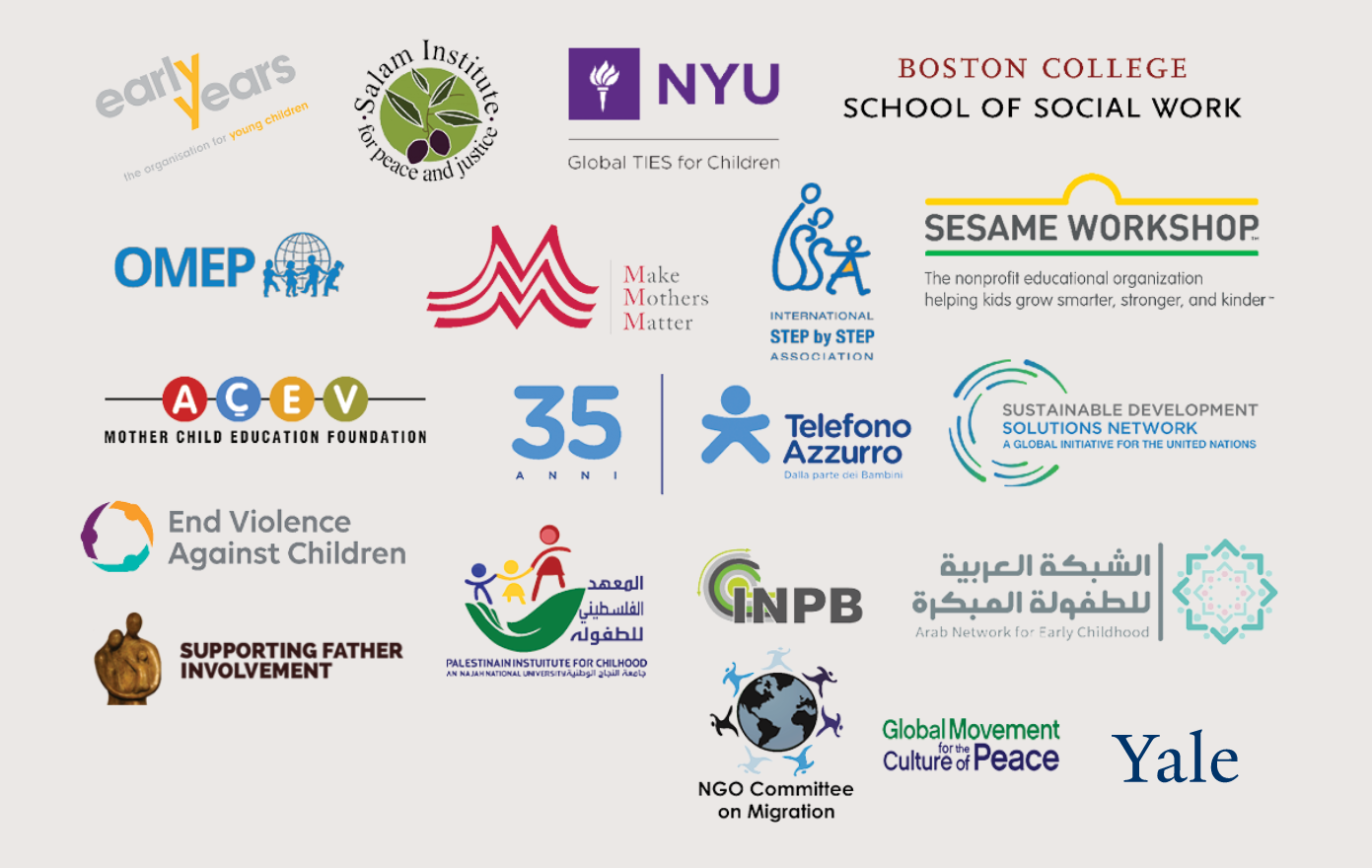
► Contact Us
Topics & initiatives
|
|
JOIN THE CONVERSATION
For breaking news and to stay connected, follow us on social media. Sign up to get our E-News delivered straight to your inbox.


